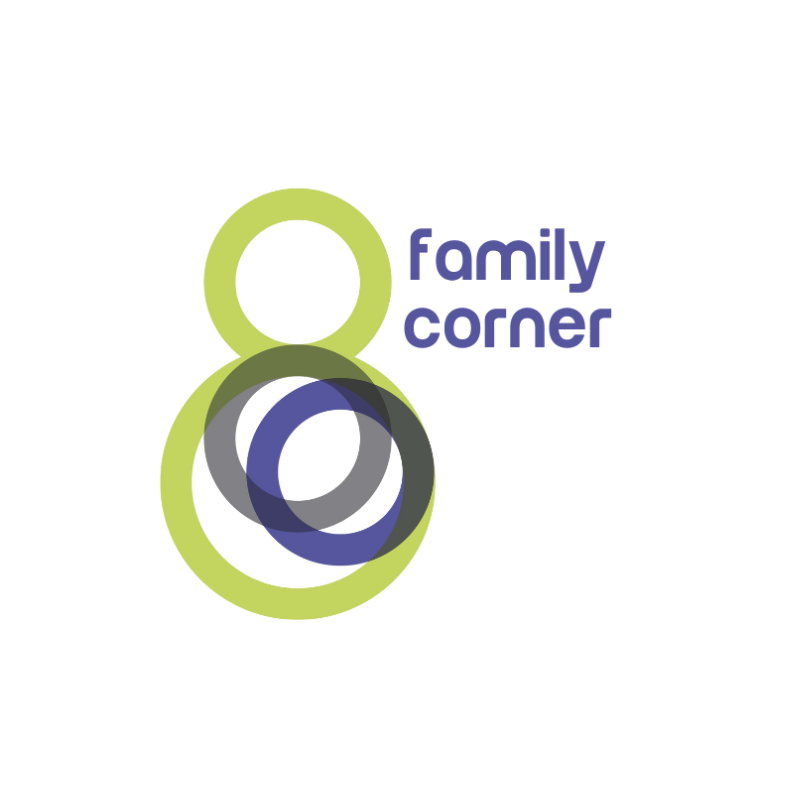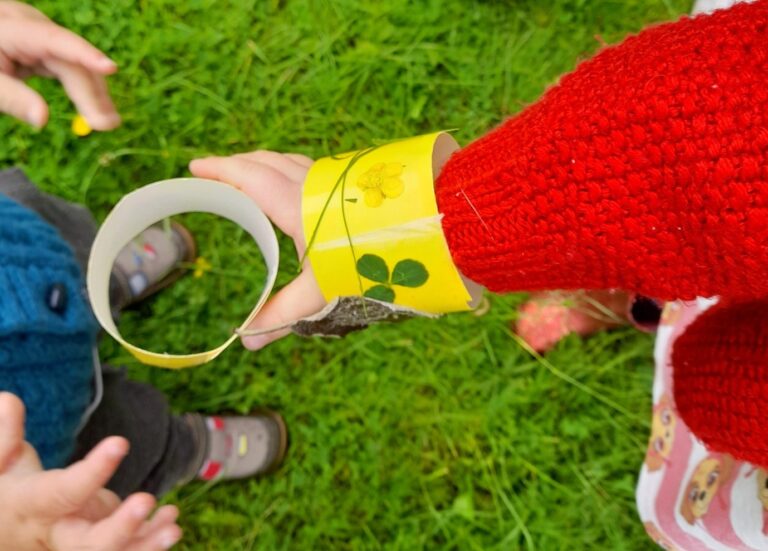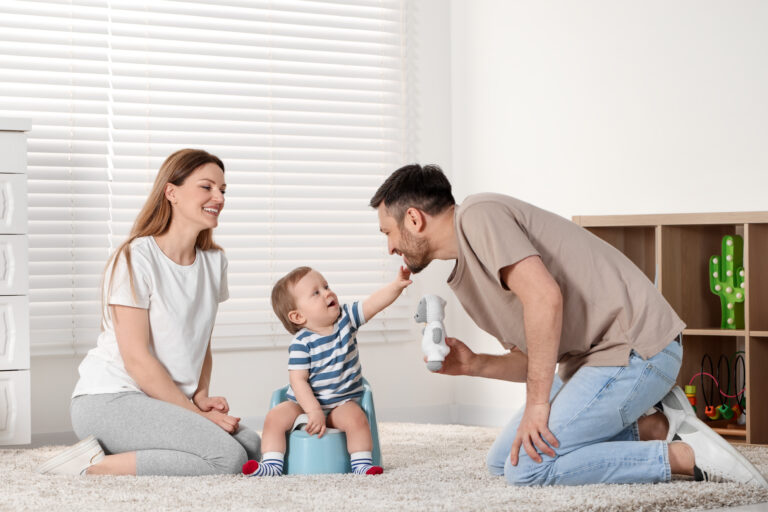Children develop at their own pace, and it’s completely normal for some to reach milestones earlier or later than others, even within the same family. They develop at their own pace, and there’s a range of ages within which it’s normal to reach a milestone. This variation can show up in areas like walking, talking, social skills, and emotional regulation. Some common delays — particularly in speech and language — are often temporary and can improve over time, especially with plenty of encouragement through play, songs, stories, and everyday conversation. Supportive environments that include regular positive interactions with adults and other children can really help promote healthy development.
It’s also completely natural for parents to feel worried if they notice their child developing differently, or if something just doesn’t feel quite right. You might find yourself wondering whether it’s just a phase or something more, and that uncertainty can be overwhelming. Many parents also worry about being judged or dismissed, and some may experience feelings of guilt, sadness, or grief when facing the possibility that their child might need extra support.
But you’re not alone — and seeking help or asking questions early on doesn’t mean there’s anything “wrong” with your child. It simply means you’re doing your best to understand and support their unique journey, which is one of the most powerful things you can do as a parent or carer.
Top tips and ideas
To help you find out if your child is reaching their developmental milestones around the right sort of time, your ‘My Personal Child Health Record’ book has several development milestones listed within it. (This is also known as the NHS ‘red book’ that you were given shortly before or after your baby was born.)
https://www.nhs.uk/baby/babys-development/height-weight-and-reviews/baby-reviews
Here are several terms that parents might hear if their child is not meeting some developmental milestones. These can include:
- Developmental delay – a general term used when a child is slower to reach milestones in areas like movement, speech, social or emotional skills.
- Global Developmental Delay (GDD) – used when delays are seen across multiple areas of development.
- Speech and language delay – when a child’s communication skills are developing more slowly than expected.
- Learning difficulties – used to describe challenges with acquiring knowledge and skills at the typical rate.
- Neurodevelopmental condition – an umbrella term for conditions such as Autism, ADHD, or coordination difficulties that affect how the brain develops and functions.
- ‘Wait and see’ approach – sometimes used when professionals monitor a child’s progress for a while before taking further action.
- Early intervention – support provided to children showing signs of delay to help them catch up or manage their needs effectively.
It’s important for parents to know that these terms are used to better understand and support a child’s development, not to label or limit them!
Please don’t worry alone. If you are concerned about your child’s development, discuss this with your nursery or school in the first instance, or for young children under 5 years talk to your Health Visitor. See also the weblinks below for lots of useful information and advice.
Stay and play groups which are specifically for children with additional needs can offer help with accessing support if needed as well and talking to other parents in a similar situation often helps too, so ask you health visitor about these, or look at your area LOCAL OFFER (see jargon buster below).
Useful sources of information and support if you are concerned about your child’s development or think they may be autistic
- Parental advice if you are concerned about your child’s development: I’m worried about my child’s development
- Some useful information on the signs of autism: https://www.nhs.uk/conditions/autism/signs/children/ and https://www.autism.org.uk/advice-and-guidance/topics/diagnosis/before-diagnosis/signs-that-a-child-or-adult-may-be-autistic
- There is a useful Right from the Start parent toolkit which includes lots of information about what to do if you think your child might be autistic. https://www.ambitiousaboutautism.org.uk/understanding-autism/about-autism/i-think-my-child-is-autistic
- Southend’s Guide to your Developmental Journey: https://www.southendsendindependentforum.co.uk/neurodevelopment
- The National Autistic Society is a charity that supports families – their advice and guidance section has a lot of useful information about autism https://www.autism.org.uk/
Legal context
The SEND Code of Practice is a guide that explains how children and young people with Special Educational Needs and Disabilities (SEND) should be supported.
It sets out what schools, nurseries, local authorities, and other professionals must do to make sure children with SEND get the help they need. It covers everything from identifying needs early, to putting the right support in place, to involving parents and carers in decisions.
The Code of Practice is there to make sure everyone works together in the best interests of your child, and that your voice is heard throughout the process.
https://www.gov.uk/government/publications/send-code-of-practice-0-to-25
Jargon buster
Here are some terms or abbreviations you might come across:
SEND – Special Educational Needs and Disabilities
A term used to describe children and young people who need extra support due to learning difficulties or disabilities that make it harder for them to learn than most others their age.
SENCo – Special Educational Needs Co-Ordinator
A teacher or early years practitioner in a school or nursery who is responsible for coordinating the support for children with SEND and making sure their needs are met.
ASD/C – Autism Spectrum Disorder/condition
A developmental condition that affects how a person communicates, interacts with others, and experiences the world around them.
Neurodiversity – Neurodiversity is a framework for understanding how people think, learn, and behave. Most people are neurotypical, meaning their brains function as expected by society. However, it’s estimated that around 1 in 7 people are neurodivergent. Neurodiversity covers a wide range of conditions, including dyslexia, dyspraxia, ADHD, and autism.
EHCNA – “EHCNA” stands for Education, Health and Care Needs Assessment. It’s a process used to determine if a child or young person needs an Education, Health and Care plan, which outlines their specific needs and the support they require.
EHCP – An Education, Health and Care plan (EHCP) is a legal document which describes a child or young people aged up to 25 special educational needs, the support they need, and the outcomes they would like to achieve.
The special educational provision described in an EHC plan must be provided by the child or young person’s local authority. This means an EHC plan can give a child or young person extra educational support. It can also give parents and young people more choice about which school or other setting the child or young person can attend.
ISP – Individual Support Plan. This is a document that outlines personalised support strategies for a child who has specific needs but may not meet the threshold for an Education, Health and Care Plan (EHCP). It helps teachers, support staff, and families work together
SENDIASS – Special Educational Needs and Disabilities Information, Advice and Support Service. It is available in every local authority in England, designed to support children and young people with special educational needs and disabilities (SEND), as well as their parents and carers. It is a free, confidential, and impartial service that can help you make informed choices.
Local offer– Every council must publish a local offer. This will tell you what support is available for children and young people with special educational needs or disabilities, and their families in your area. It should include information about education, health and care provision, as well as local support groups and community-based services.
This article was originally created as a resource for A Better Start Southend (ABSS). For other useful resources: https://abetterstartsouthend.co.uk/family-resources/











